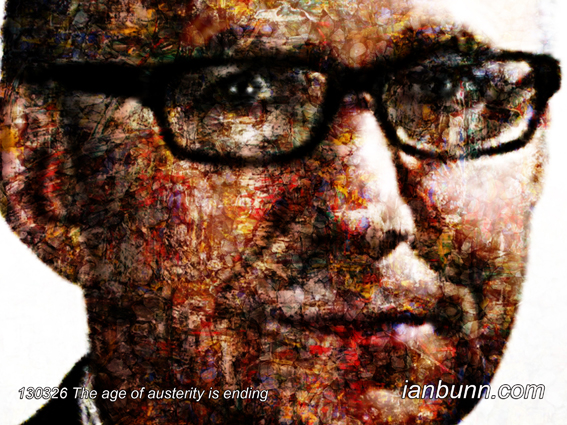 Debt Without Drowning (June 1 2013)
Debt Without Drowning (June 1 2013)
Paul De Grauwe the 66 year old Belgian Economist and Professor emeritus in European Political Economy, and former member of the Belgian Federal Parliament, has published an article on the Project Syndicate titled ‘Debt Without Drowning’. De Grauwe states “Since the 1970’s, economists have warned that a monetary union could not be sustained without a fiscal union. But the eurozone’s leaders have not heeded their advice – and the consequences are becoming increasingly apparent. Europe now faces a difficult choice: either fix this fundamental design flaw and move toward fiscal union, or abandon the common currency. Choosing the latter option would have devastating consequences. Indeed, while the desirability of establishing a monetary union may have been open to question in the 1990’s, dismantling the eurozone now would trigger profound economic, social, and political upheaval throughout Europe. To avoid this outcome, Europe’s leaders must begin designing and implementing strategies aimed at bringing the eurozone closer to a fiscal union. To be sure, a fiscal union such as that in the United States is a distant prospect that eurozone leaders should not expect to achieve any time soon – or even in their lifetimes. But that does not mean that establishing a fiscal union is a chimera. Small steps in the right direction now can make a significant difference. …the eurozone is gripped by an existential crisis that is slowly, but inexorably, destroying the monetary union’s very foundations. The only way to stem the erosion is to take determined action that convinces financial markets that the eurozone is here to stay. A debt-pooling scheme that satisfies the requirements outlined here would signal that the eurozone member countries are serious about sticking together. Without this gesture, further market turmoil is inevitable – and the eurozone’s collapse will become only a matter of time.”
Inspired by Paul De Grauwe, Project Syndicate ow.ly/l2YzK Image source kuleuven ow.ly/l2YmE



















